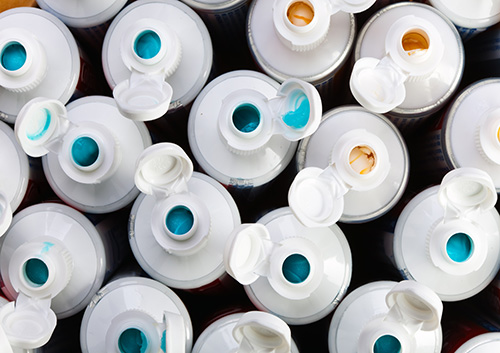
Taking care of your oral health involves a daily regimen of brushing, flossing, and rinsing to prevent tooth decay and bacterial infections. Though you may have asked us which toothbrush to use, few patients at Pediatric Dentistry of Spartanburg ask about mouthwash.
However, different mouthwashes you might choose will have varying effects on your oral health. So which type is best for you?
Gum Health
Antiseptic mouthwashes are designed to reduce the majority of bacteria on and near the gum line. Using an antiseptic mouthwash can help decrease your chances of developing gingivitis. If possible, look for a mouthwash with antibacterial or antimicrobial ingredients.
Fluoride
Fluoride is beneficial for oral health and can help prevent tooth decay. If you drink a lot of bottled water without fluoride, we may recommend that you purchase a rinse with fluoride in it.
Bad Breath
Although mouthwash is designed to prevent bacterial build-up within the mouth, many people use it to combat bad breath. Most mouthwashes will help eliminate the bacteria that cause bad breath, and some are specifically designed to do so.
However, if bad breath is a chronic problem that requires daily treatment with a mouth rinse, contact Pediatric Dentistry of Spartanburg to discuss your symptoms.
American Dental Association Approval
The ADA reviews mouth rinses for safety and effectiveness. A mouthwash with the ADA Seal of Approval will meet strict criteria, and will have scientific evidence or clinical studies that support the claims of the manufacturer. If possible, select a mouthwash that bears the ADA Seal of Approval to ensure you are using a quality rinse.
Considerations
If you are unsure as to which mouthwash is right for you, contact our Spartanburg, SC office or ask Dr. HJ Turner and Dr. DJ Turner during your next visit. Also, be sure to keep mouthwash out of the reach of children, as it contains alcohol and other substances that could be harmful to them. Avoid letting children under age six use a mouth rinse, and discontinue use if you experience a burning sensation in the soft tissues of your mouth.











 Website Powered by Sesame 24-7™
Website Powered by Sesame 24-7™
